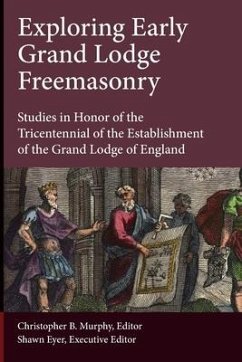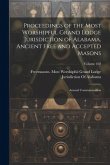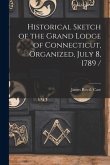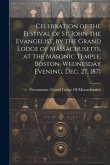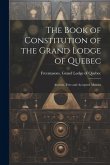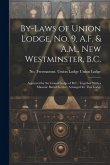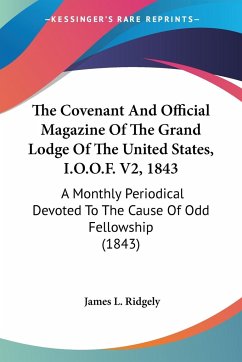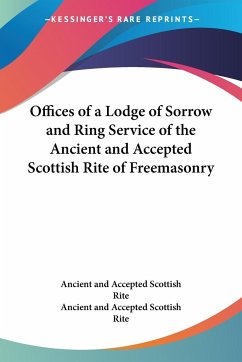According to Masonic records, the Grand Lodge of England was established June 24, 1717, in London. Soon afterward, Freemasonry, a fraternal society of obscure origins and antiquity, began to spread rapidly throughout and beyond the British Empire. This volume of intriguing essays by eminent and emerging Masonic scholars explores the history and culture of Freemasonry during that period of expansion. What did Masons of the early Grand Lodge era actually do in their lodges? How did these brethren think of themselves and their Craft? What were their motivations and ideals? What was their experience of Freemasonry? By posing such questions, our contributors have been able to study not just an institutional beginning, but the cultural realities of Masonic life in the first decades of the Grand Lodge's history. Featuring contributions by Ric Berman, David Harrison, Jedediah French, Nathan A. St. Pierre, Dana Scofield, Christopher B. Murphy, and Shawn Eyer, Exploring Early Grand Lodge Freemasonry critically re-examines key aspects of early Masonic life and thought, revealing the philosophical and social underpinnings of an organization that remains an intriguing cultural phenomenon. Editorial Reviews "The numerous contributors to Exploring Early Grand Lodge Freemasonry develop a cogent case for reassessing the origins and evolution of the Craft in Great Britain during the early and middle years of the eighteenth century. Based on a meticulous investigation of primary and secondary sources, this lucidly written and suggestive study incisively reveals new thinking in looking at the leadership, ritualism, and lodge life of early Speculative Freemasonry. This seminal study, which in many ways breaks new ground, will be frequently consulted and will be recognized as a classic in Masonic scholarship."-R. William Weisberger, Ph.D., author of Speculative Freemasonry and the Enlightenment and Freemasonry on Both Sides of the Atlantic. "A composed and considered phenomenological exploration of Freemasonry's original cultural intent; this collection subtly asserts new and emerging ideas on the lived reality of Masonic life during the first quarter of the eighteenth century. Too often in the name of objectivity have masonic authors allowed restraint to entirely obscure that vital sense of sympathetic engagement that is actually so essential in understanding the people of the tradition itself. Striking a methodological balance of textual criticism, historicist contextualisation and sympathetic neutrality, this valuable collection finally underlines that whole new emergent understanding amongst scholars that suggests traditional academic treatments of masonic history that deny outright the intellectual validity of the Craft's own self-belief in its mythological claims to antiquity and intrinsic mystery-as are portrayed in the primary texts themselves (rituals, catechisms, etc.)-are in fact, academically 'neurotic' and endemic of the kind of intellectual insincerity so self-effacingly corrosive in mainstream masonic research."--Stewart Clelland, Master of Arts in Western Esotericism, Exeter University
Hinweis: Dieser Artikel kann nur an eine deutsche Lieferadresse ausgeliefert werden.
Hinweis: Dieser Artikel kann nur an eine deutsche Lieferadresse ausgeliefert werden.

